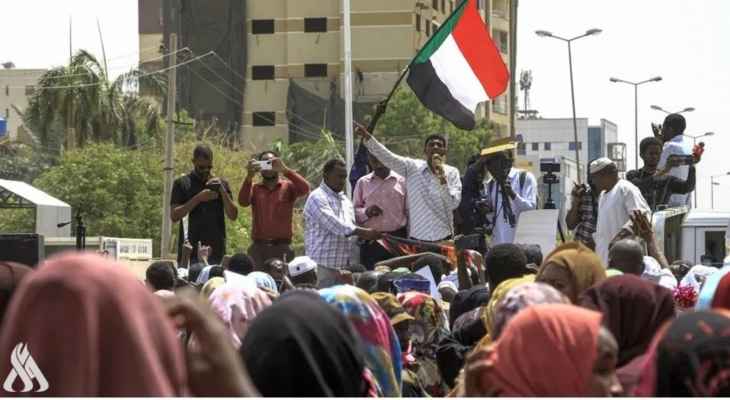Sudanese security forces stepped up their deployment and closed most of the main bridges connecting the three cities of the capital Khartoum in anticipation of protests called by “resistance committees” in Sudan demanding retribution for the victims of the crackdown. -before the General Command of the Army in 2019.
Anger reigns on the Sudanese street over the delay in the results of the investigations of the commission set up after the incident, led by lawyer Nabil Adeeb, who attributed the delay in the publication of the commission’s final report to technical and logistical reasons. difficulties.
Legal expert Salih Mahmoud noted that “when in October 2004 the Security Council commissioned a committee of Italian judge Anthony Cassassi to investigate crimes in Darfur, the committee delivered its report in March 2005, less than 6 months in advance. .”
He pointed out that “Now the Adeeb Commission has been appointed for a long time, and it has not provided a clear report, although the area in which the crime that it is investigating occurred is less than 4 square kilometers, while the area of Darfur is many times larger than size of existing countries.
According to unofficial data, during the dispersal of protesters, about 200 protesters were killed, dozens were injured and missing, while state statistics estimate the number of victims at about 85 people. In March, lawyers and activists filed a memorandum with the International Criminal Court in The Hague to consider the crackdown on the sit-in as a “crime against humanity.”
Source: El Nashra
